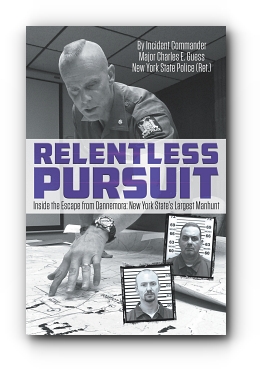


Sometimes this concept is easier to understand by switching it out with another common obsession, like contamination.

If you take that pain and beat yourself over the head with it, you’re doing the E of exposure by telling yourself you may have done a bad thing, but not the RP, the response prevention, of behaving like a person whose morality is not in question. In other words, telling yourself that you may have done something immoral can bring up painful feelings, but what you do next is what teaches the brain to change its perspective on how to handle that idea. It’s this second part that people sometimes forget to engage in treatment. But for ERP to be at its most effective, you have to expose both to the fear that you may be morally imperfect and also to the fear that you have inadequately addressed it. It may appear as if ERP for moral scrupulosity is just about bumming yourself out all the time. Getting Your Moral Hands Dirty: ERPĮxposure and response prevention (ERP) therapy for moral obsessions can easily miss the mark if no attention is paid to compulsive guilt. So, the brain faithfully performs its duty to help you by sending more intrusive thoughts and feelings your way. Ultimately, this compulsive relationship to moral doubt sends the message to your brain that thoughts about morality are codes to be cracked, problems to be solved. So, you find yourself trying to get away from the pain of bad feelings while at the same time clinging to those bad feelings for proof of inherent goodness. Bad feelings at least reminded you that you care and reassure you that you would never intentionally be immoral. What’s worse, ceasing to feel bad makes you feel like you’re getting away with something, like you stopped caring about your moral compass. You set up a series of rigid rules that apply only to you to guarantee you’ll never do a bad thing, but since these rules are impossible to follow perfectly, they also make you feel bad. You may seek reassurance, try to make sure you’re not doing bad things, check to see if you have, and engage in other compulsions. Because you feel bad, you try to get the feeling to stop. You have a thought about something you did or thought about doing, or felt an urge to do, and so forth, and because this experience doesn’t line up with your presumed identity as a moral person, you feel bad. Moral scrupulosity OCD, or the relentless pursuit of certainty about one’s morality, can feel like a truly impossible situation.


 0 kommentar(er)
0 kommentar(er)
